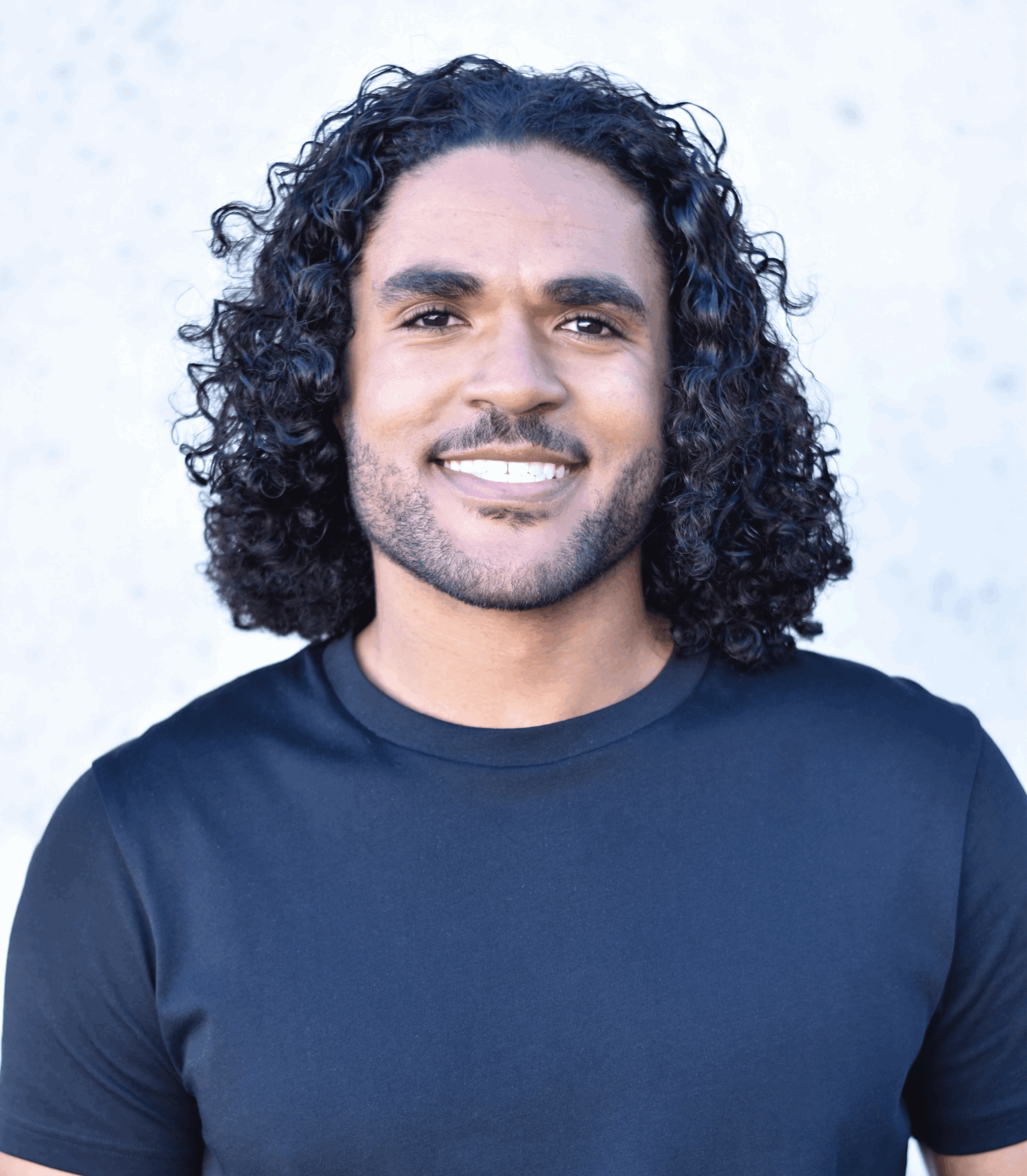We caught up with the brilliant and insightful Deion Graham-Long a few weeks ago and have shared our conversation below.
Deion, thanks for taking the time to share your stories with us today Let’s kick things off with a hypothetical question – if it were up to you, what would you change about the school or education system to better prepare students for a more fulfilling life and career?
If I could change the education system, I’d focus on making coursework more relevant to real life—equipping students with the skills they’ll actually need in adulthood and ensuring that academic concepts are tied to real-world applications. Too many students graduate high school and even college without knowing how to do essential things like filing taxes, investing, or buying a home. If school is supposed to prepare us for life, why aren’t we given the tools to succeed in these fundamental areas?
I’ll share a personal example. I attended Santa Clara University, where I earned a Bachelor’s in Computer Science and Engineering with a 3.7 GPA. You’d think that would mean I was well-prepared for my career, right? Santa Clara is a fantastic school, and I don’t want to take anything away from it, but the truth is that most of what I learned didn’t translate to my actual work. For instance, I was required to take up to Calculus 4—four trimesters of advanced math—yet I haven’t used calculus once since graduating. Of course, software engineering is a vast field, and for some, those math courses may have been useful. But in my case, I’d estimate that 80% of what I do now, I had to teach myself. That’s frustrating. I wish my education had been more hands-on, with projects that mirrored real industry work rather than focusing so heavily on theory. You can’t prepare for life with theory alone.
There’s a well-known saying: It’s not what you know, but who you know. While there’s truth to that, I’d argue that when it comes to education, it’s not what you know, but what you can do. Too many students graduate knowing a lot but lack the practical skills to apply that knowledge. I believe school should function as closely to an internship as possible—providing real-world experience so students graduate not just with knowledge, but with the ability to use it effectively. If this were the case, graduates would not only be better equipped for success but also have a clearer sense of their interests and career paths.
I can’t count the number of people I know who left college unsure of what they wanted to do, only to end up in jobs completely unrelated to their degrees. The disconnect between education and the workforce is real, and it’s a sign that something needs to change.
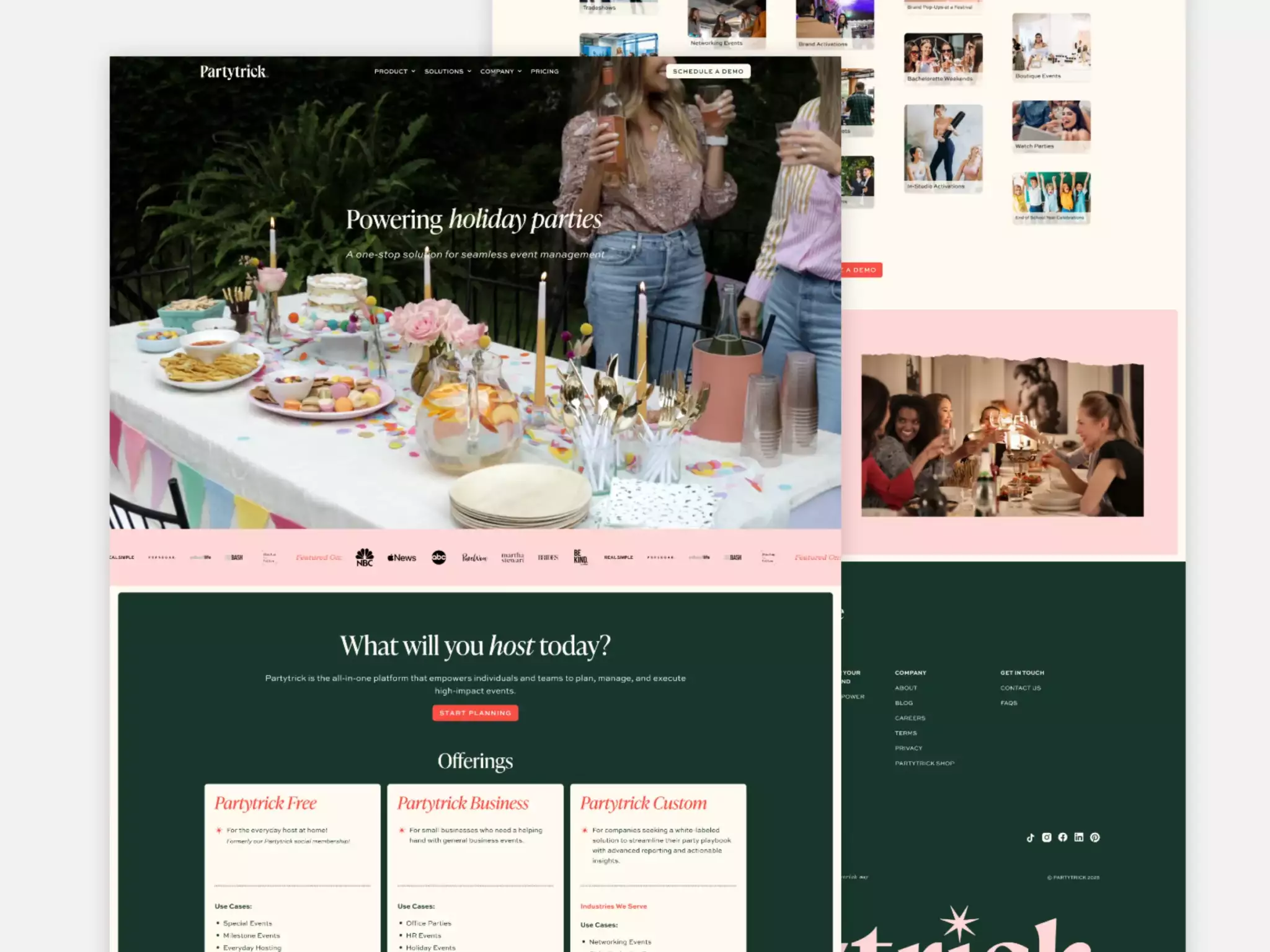
Deion, before we move on to more of these sorts of questions, can you take some time to bring our readers up to speed on you and what you do?
I’ve been fascinated by computers and technology since middle school, but I didn’t start coding until college. My interest in tech really took off in high school when a family friend started getting into hacking. They once showed me how to reset the password on any Windows computer without knowing the original one and even how to access Facebook accounts on the same Wi-Fi network—things that were both impressive and a little scary at the time. Another friend of mine was a whiz at bypassing logins and fixing just about any tech issue. Watching them work made me realize how powerful a little know-how could be, and between the two of them, I picked up a lot about computers and systems.
I quickly became the go-to IT guy for family and friends, fixing phones, troubleshooting computers, and figuring out technical issues. That naturally led me to pursue a degree in Computer Science and Engineering and also helped me land an IT position at my university. Once I got comfortable with coding fundamentals, I started exploring product development.
In my sophomore year, I attempted to build an iPhone app for pickup basketball, though I couldn’t quite get it fully working. By junior year, I had more experience and successfully developed a mobile app for the homeless, which helped my friend and me win second place in a hackathon. Around the same time, I got into photography and music production, all while working part-time as a Software Developer at a startup called OpenZNet. At OpenZNet, I worked on software related to next-generation television. During my senior year, my focus on music production led me to build an MVP (minimum viable product) for a collaboration and sharing platform for creatives, which became my Senior Design project—a year-long capstone where students develop and present a prototype.
After graduating, I continued working at OpenZNet full-time but eventually left to pursue music production and fully build out the creative platform I started in college, which I later named Vatica. During that period, I took on various creative projects—modeling for Wilhelmina Denver and The Option Agency in Portland, OR, creative directing photoshoots, helping local artists record music, and even doing a small voice-over project. After three years, I decided to sunset Vatica and went on to develop a digital business app called Qumi before shifting into freelance and contract work, helping small businesses and startups build websites and digital products.
That’s what I do now. I offer a range of services, including product design, web design, UX/UI design, web development, site migration, maintenance, and consultation—essentially helping businesses build products, attract customers, and improve their online presence. What sets me apart is my approach: I don’t just work as a contractor; I collaborate with clients as a true partner in their business. My experience working with a diverse range of people throughout my life has allowed me to connect easily and understand different personalities, helping me tailor solutions to their unique needs. This mindset has led to strong relationships and opportunities beyond my core services. I’ve set up Facebook accounts, helped founders refine their product strategies, taken photos for client websites, joined a team as a full-time Senior Software Engineer, and even reviewed codebases for other projects my clients were working on.
Each project is unique, and every client brings something different to the table, which keeps my work dynamic and engaging. I love freelancing because it allows me to merge my problem-solving and communication skills from IT with my creative abilities.

Have you ever had to pivot?
Definitely. After working solo on Vatica for over three years, I realized that what truly drove me wasn’t entrepreneurship itself, but the creative freedom of building something from the ground up. I loved the process of creating and problem-solving more than the business side of running a startup. That realization led me to pivot into contract and freelance work, where I could continue designing, developing, and solving problems—while also earning a living.
At first, it was tough to accept because I had invested so much time into Vatica. But looking back, I’m incredibly grateful because nothing I learned went to waste. The experience gave me a deep understanding of product development, problem-solving, and execution—skills that positioned me for success. It’s not every day that someone with little traditional work experience gets offered a Senior Engineering role, but during my time building Vatica, I reached that level on my own. That experience gave me the confidence that I can figure anything out, no matter the challenge—because time and time again, I’ve had no choice but to adapt and push forward.
There are definitely moments of frustration, but I love what I do. There will always be a new challenge, a fresh idea, or an exciting problem to solve. And for me, the best part is working with people—seeing their reactions when an idea transforms into something real. There’s nothing quite like bringing a vision to life.
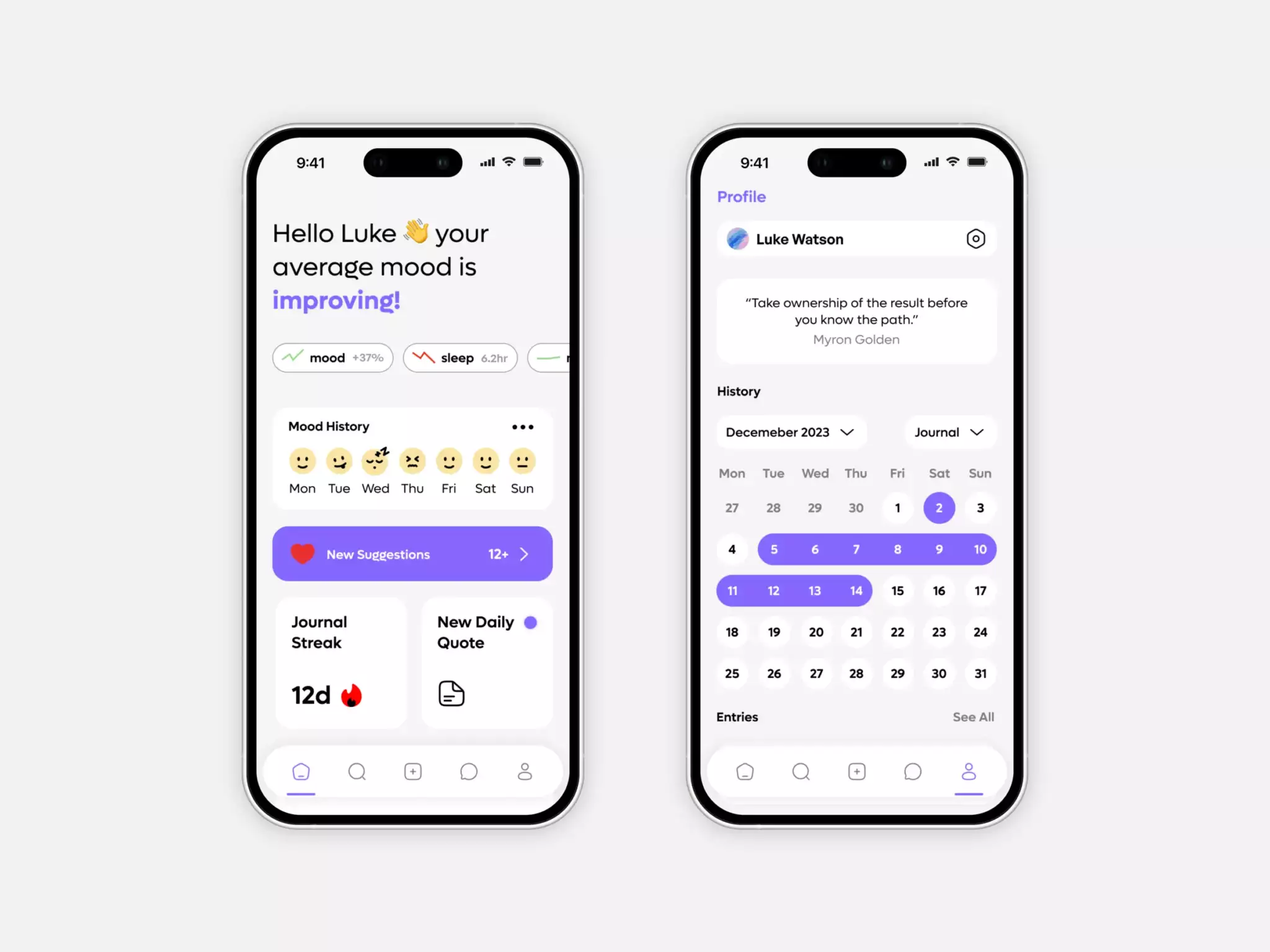
How do you keep in touch with clients and foster brand loyalty?
I stay in touch with clients through genuine, ongoing conversations. During our discussions, we often talk about long-term goals and future ideas, not just immediate projects. When the time feels right, I’ll check in with a quick, “Hey, you ready to dive into that?” or something along those lines. I also do general check-ins to see how things are going, but more often than not, clients reach out to me first—with questions, new ideas, or a fresh challenge to tackle.
When it comes to brand loyalty, my approach is simple: my brand is about solving my clients’ problems. I have no issue directing them elsewhere if it’s in their best interest. In fact, clients who have explored other options still come back to me for guidance. For me, it’s never personal—it’s about making sure they get the best possible solution.
Contact Info:
- Website: https://madebydeion.com
- Instagram: https://www.instagram.com/deiongrahamlong/
- Linkedin: https://www.linkedin.com/in/deiongrahamlong/
- Other: https://allingod.studio
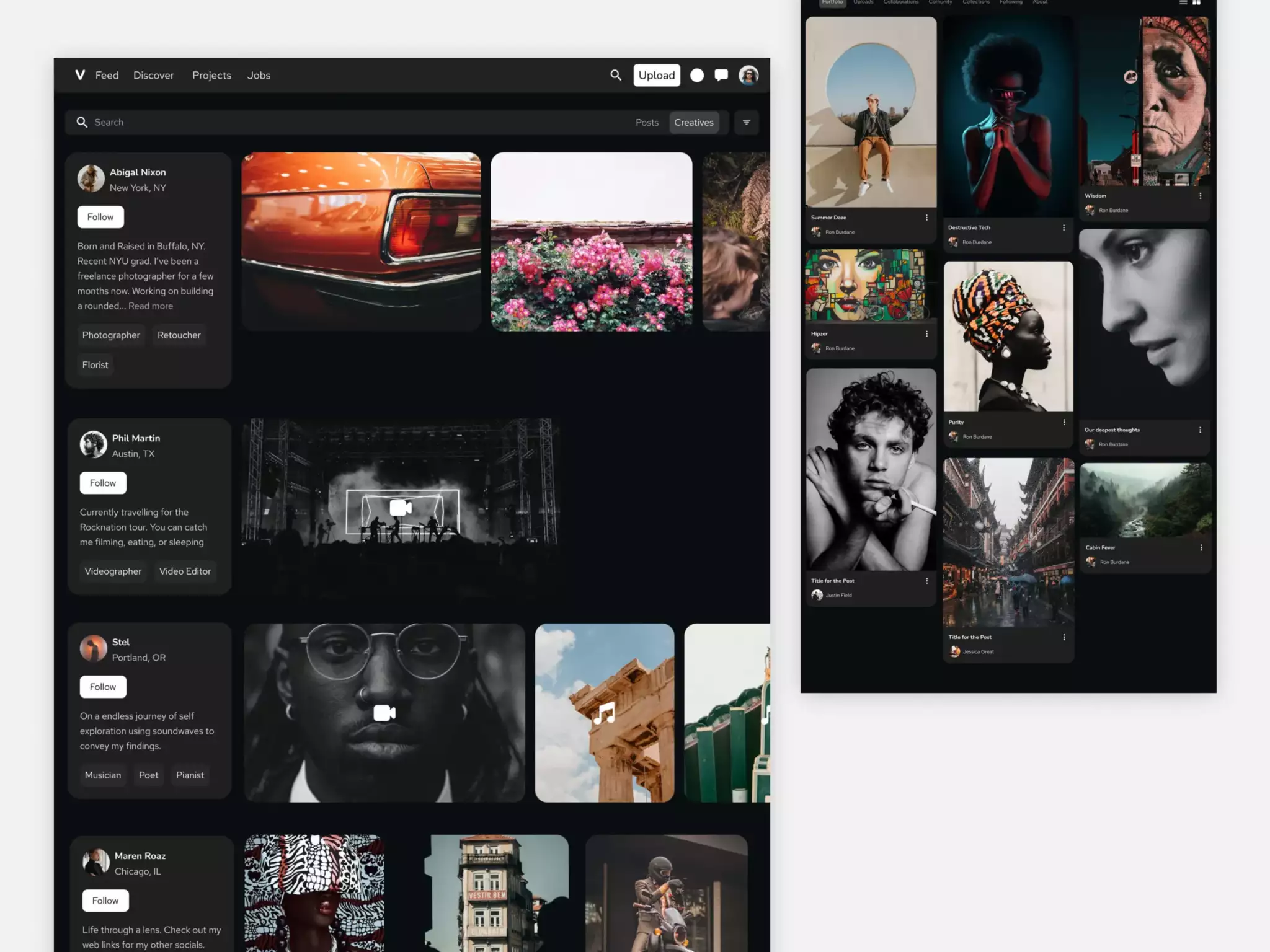
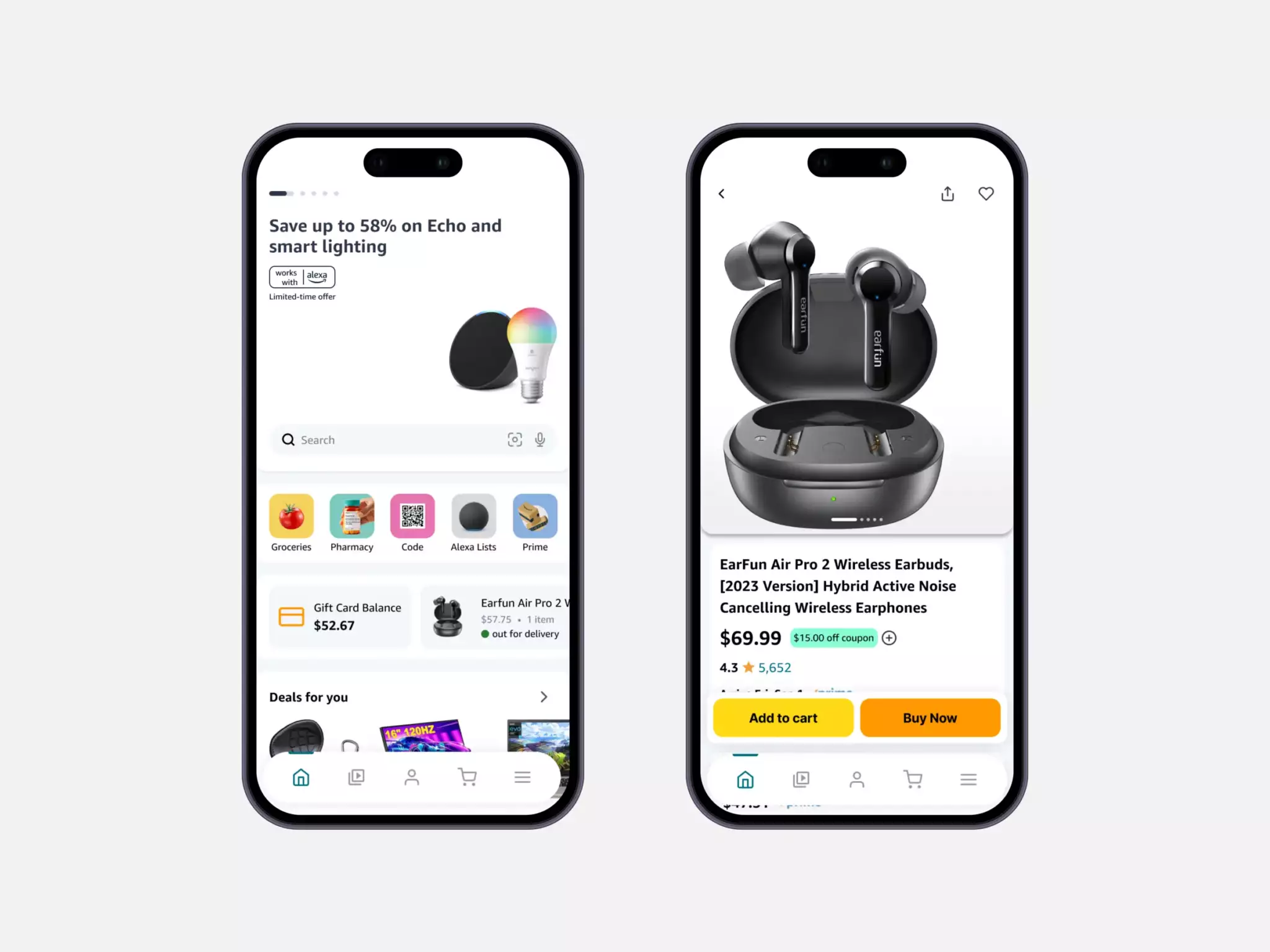
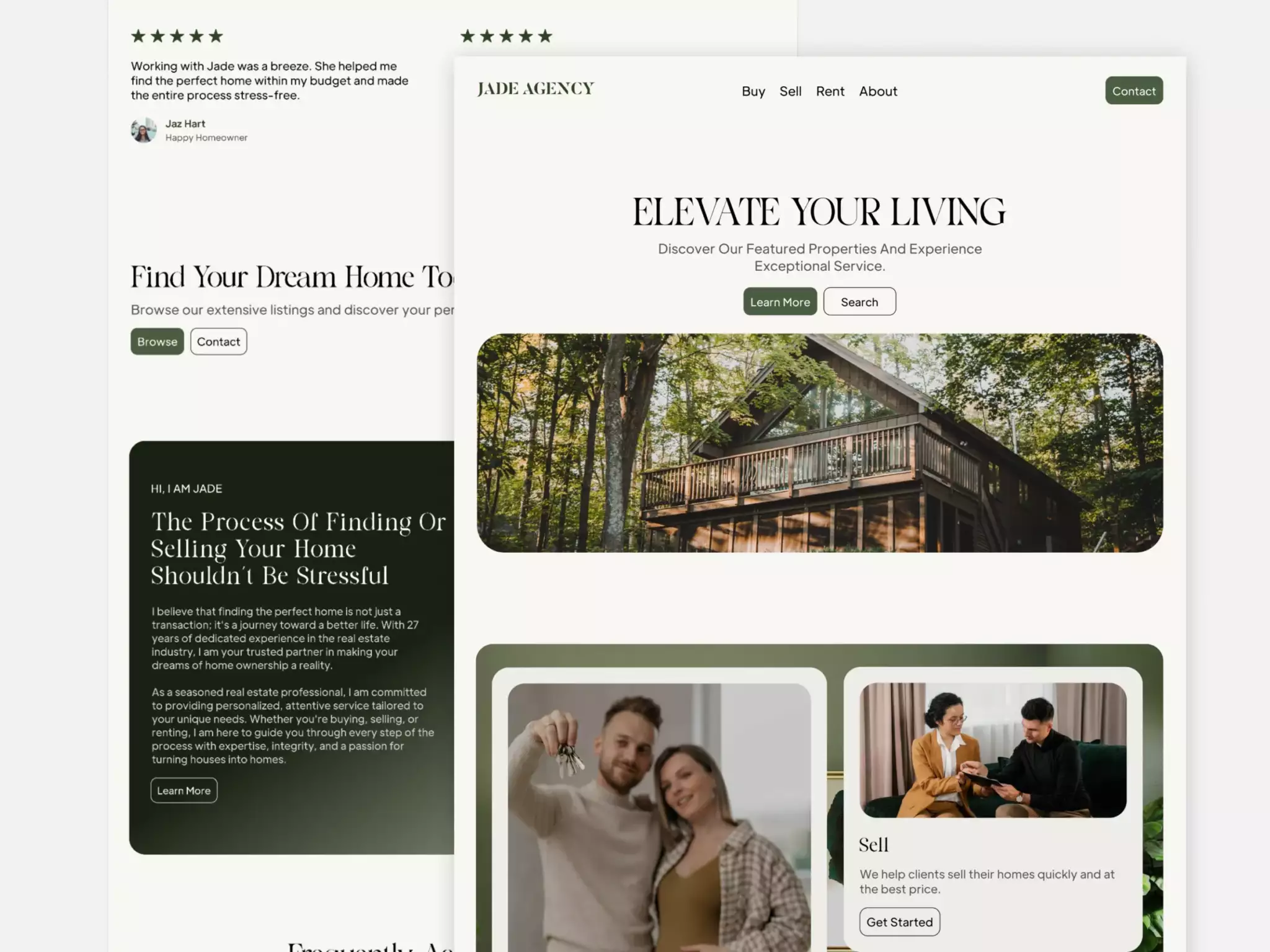
Image Credits
https://partytrick.com
https://ethoshypnotherapy.com
Karysma Hicks


